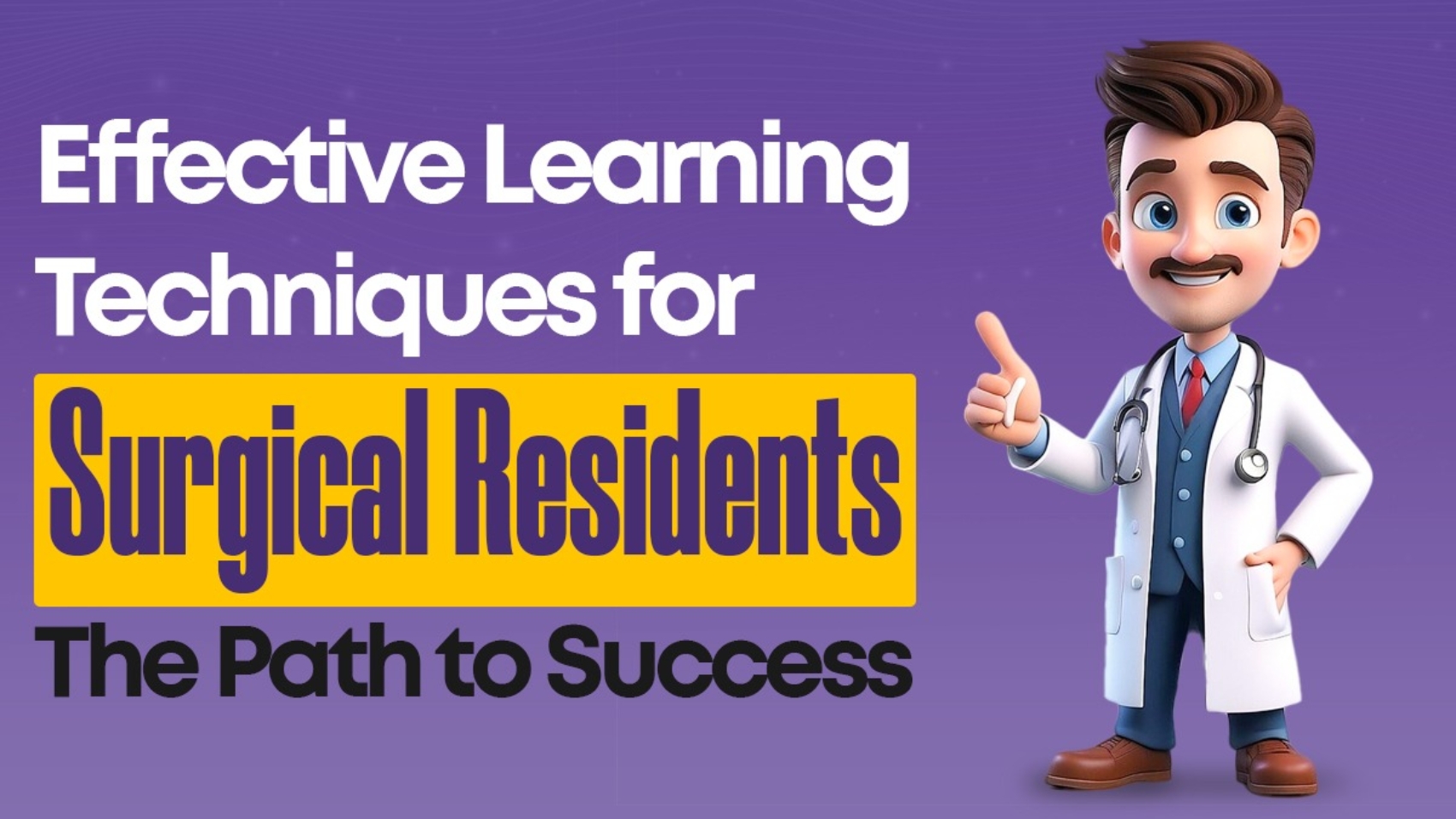Estimated reading time: 4 minutes
Are you confused about the branch selection and looking for a guide then here are the answers to all your doubts. Surgery is not just a profession, it’s a calling, a lifestyle, and for many, a deeply fulfilling career choice. But like every path in medicine, it comes with its unique challenges and rewards. For aspiring medical professionals considering this branch, understanding the nuances is crucial to making an informed decision. Let’s get into the journey of becoming a surgeon, exploring the pros, cons, and the roadmap to a successful surgical career.
The Scope of Surgery: A Thrilling Career Path
Surgery is a profession that brings together passion, skill, and responsibility. It’s one of the very few departments of medicine where precision and quick thinking can save lives directly in moments of crisis.
Pros of a Surgical Career
- Immediate Impact: The ability to save lives in critical situations is a profound privilege.
- Variety of Specializations: From general surgery residency to advanced subspecialties like robotic surgery, the options are diverse.
- Adrenaline Rush: Tackling complex cases keeps the work dynamic and engaging.
- Teamwork and Unity: Surgical residency programs foster strong bonds among peers and seniors, creating a sense of camaraderie.
- Respect and Recognition: Surgery professionals are held in high regard because of the importance of this medical field.
Cons of a Surgical Career
- Intensive Residency Program: Surgical residency is indeed the most challenging program, especially the first year. One is subjected to long hours and immense pressure.
- Physical and Mental Stress: The job involves huge stamina, concentration, and mental toughness.
- Work-Life Balance: At the beginning of the profession, personal time and family life usually come last.
- Financial and Market Challenges: After residency, establishing oneself as a surgeon requires not just skill but also entrepreneurship and effective medical practice management.
A Roadmap: How to Pursue Surgery
Becoming a surgeon is not easy it involves a series of rigorous steps. Here’s a guide for aspiring surgeons:
1.Decide If Surgery Is for You
- Surgery appeals to two kinds of personalities those who are deeply interested in it and those who opt for it because they have no other choice, for example, there is a seat available. The first kind usually does well.
- Think about your personality. Do you like challenges, adrenaline-related situations, and teamwork? If so, surgery may be the right fit.
2. Pick the Right Residency Program
- Research general surgery residency and surgical residency programs thoroughly. Factors like Case diversity, mentorship, and location play a huge role in your training.
- Aim for government medical colleges with high case volumes because hands-on exposure is invaluable.
3. Survive and Thrive During Residency
- The first year of residency is gruelling, characterized by long hours, steep learning curves, and tough mentorship.
- Build resilience and focus on learning, as the effort pays off by the second and third years.
- Strong bonding with seniors-they’ll carry you forward as well.
4. Post-Residency: Specialization and Career Advancement
- Today’s practice of medicine demands subspecialization. One needs to remain relevant in areas such as trauma, robotics, or GI surgery, among others.
- Pursue an MCH or DNB and also explore fellowships in minimal access surgery, and health information technology, for example, among other highly advanced skills.
5. Establishing Your Career
- Post-training, establish your professional reputation.
- Effective medical marketing, networking, and skill showcases are critical in the competitive healthcare market.
Surgery Residency: Expectations
Skilled surgeons are trained by their residency. It is difficult but highly rewarding.
- First Year: the steepest learning curve. Expect sleepless nights, intense scrutiny, and a relentless workload.
- Second and Third Years: You will start performing independent procedures, analyzing cases, and saving lives. This is when you find your rhythm and confidence.
- Final Year: A mix of exams and responsibility. Graduating from this phase is an achievement for life.
The Realities of Life Post-Residency
Life as a surgeon post-residency is extremely challenging but rewarding. What makes it attractive is, of course, the social status and the income. Nevertheless, it demands constant growth. Here’s what you ought to know:
- Entrepreneurial Skills: Surgeons should market their skills well to ensure the building of their clientele.
- Subspecialization: Subspecialization is the way of the future in surgery, so stay ahead through fellowships in fields such as robotic or microvascular surgery.
- Work-Life Balance: Early years post-residency can be intense, but with time, you can carve out personal space.
Conclusion: The Final Verdict
Surgery is not just a branch of medicine, it’s a passion dream and a way of life. It’s for those who thrive on adrenaline, love challenges and are ready to dedicate themselves to saving lives.
Yes, the journey is tough, but the rewards—both personal and professional—are unparalleled. If surgery calls you, embrace the challenge wholeheartedly. Surgery is a branch “Once you take it, you won’t regret it if you’re made for it.”


